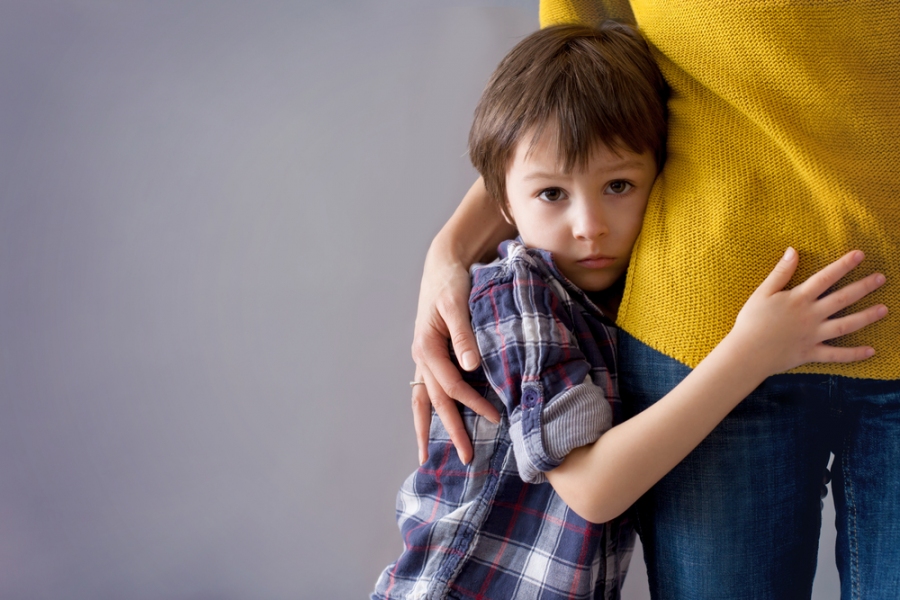Children are mysterious creatures. They can be clingy or independent, wild or perfectly behaved, curious or indifferent, sometimes all within the same day. While we like to think there’s also a certain innocence about childhood, that doesn’t mean they can’t develop anxiety. While it’s not uncommon, for instance, for children to go through a phase where they worry that their parents will die, there are some types of anxiety that are not normal and may require treatment.
The Meaning of “Normal”
The word “normal” is used so often that it sometimes feels like it’s lost all meaning, but there are certain behaviors that are typical and expected in children. The range of behaviors varies wildly depending on your child’s age. If a three-year-old wets the bed, well, they’re still learning how to control their bladder. A nine-year-old who wets the bed is more unusual, and it could point to a larger issue.
By the same standard, some separation anxiety is to be expected in children. However, your child shouldn’t stay up all night crying because of obsessive, intrusive thoughts that involve family members in constant peril. If their anxiety is having a big impact on everyday life, then that’s reason for concern.
Your first stop should be visiting your child’s pediatrician. Their physician should be quite familiar with the wide range of behaviors that are considered normal for a child of their age. If they feel like your child’s anxiety is something that needs to be treated, they can write you a referral for a child psychiatrist.
A child psychiatrist will know exactly how to talk to children in a way that gets them to open up about their fears. In some cases, there may be an underlying trauma that the child is having trouble expressing, but you shouldn’t assume something terrible has happened to your child just because they’re anxious. Some children are simply more anxious. There may be a family history of anxiety, or it just may be the way they’re wired.
It’s understandable for parents to think something like “But I was such a happy child!” I don’t understand!” Your child isn’t going to be your carbon copy, and that’s true no matter how many times your mother told you she hoped you had a child who acted just like you. The mere fact that you have an anxious child does not mean you screwed up in some way.
Once your child has seen a psychiatrist, you’ll probably get a diagnosis. Your child’s recommended treatment plan could include talk therapy, medication, or both. Mental health treatment is a marathon, not a sprint. Some children will benefit from mindfulness exercises and art therapy. Others may find peace by taking a walk or playing with the family pet.
One of the best things you can do for a child with anxiety is to be patient. Your child may ask for reassurance constantly. It’s understandable if you feel frustrated about the situation, but it’s important not to take that frustration out on them. Snapping at them won’t do either one of you any good.
It’s also incredibly unhelpful to tell a child to “just get over it.” It’s the emotional equivalent of throwing someone into the deep end of the pool to teach them how to swim. Your child isn’t choosing to be anxious anymore than they chose to have green eyes or brown hair. It’s just the way things worked out. Your child won’t go from anxious to serene overnight. Accept them for who they are, and your child may even find that dealing with their anxiety has turned them into a stronger and more resilient person.
































No Comments
Leave a comment Cancel